Search
Summary 
Loading AI-generated summary based on World History Encyclopedia articles ...
Search Results
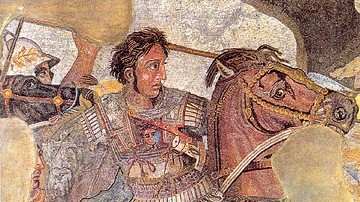
Definition
Alexander the Great
Alexander III of Macedon, better known as Alexander the Great (l. 21 July 356 BCE – 10 or 11 June 323 BCE, r. 336-323 BCE), was the son of King Philip II of Macedon (r. 359-336 BCE) who became king upon his father's death in 336 BCE and then...

Article
Alexander the Great: A Case Study in Martial Leadership
History is not predictable; in many ways it can take on a life of its own. But sometimes, an individual's sheer presence is enough to bend history to his will. One such individual was Alexander the Great. Through his conviction, vision, mental...
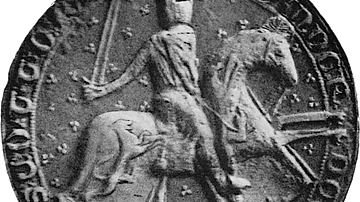
Definition
Alexander III of Scotland
Alexander III of Scotland reigned from 1249 to 1286 CE. Succeeding his father Alexander II of Scotland (r. 1214-1249 CE) at the age of eight, the young king's early reign was blighted by rivalries between his nobles, a situation made more...
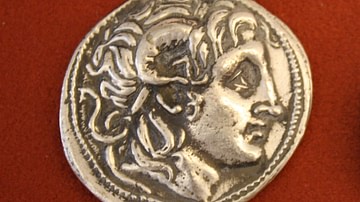
Article
Alexander the Great as a God
The age-old concept of the “divine right of kings” allowed that a country's ruler received his or her power or authority from God. However, few, if any, were delusional enough to actually believe themselves to be a god. An exception to this...
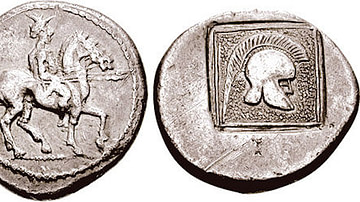
Definition
Alexander I the Philhellene
Alexander I of Macedon, also known as Alexander I the Philhellene ('friend of the Greeks') or 'The Wealthy', was king of ancient Macedon from around 498 to 454 BCE. He is known for the role he played in the second Persian invasion of Greece...
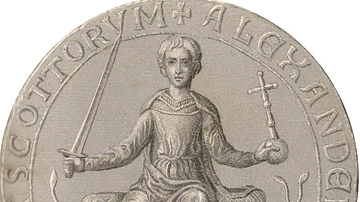
Definition
Alexander II of Scotland
Alexander II of Scotland reigned from 1214 to 1249 CE. Succeeding his father William I of Scotland (r. 1165-1214 CE), Alexander supported the northern barons in England against the unpopular King John of England (r. 1199-1216 CE) and so contributed...
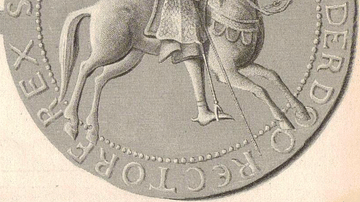
Definition
Alexander I of Scotland
Alexander I of Scotland reigned from 1107 to 1124 CE. Alexander continued the reorganisation of the Scottish Church, taking the Roman Catholic Church organisation as a model, and he famously founded the priory at Scone, site of the acclamation...

Definition
Alexander Helios
Alexander Helios (40 BCE – c. late 1st century BCE) was a member of the Ptolemaic dynasty, the second oldest son of Cleopatra VII (69 BCE – 30 BCE) and the twin brother of Cleopatra Selene II (40 BCE – 5 BCE). He spent the majority of his...

Article
Death of Alexander the Great
In June of 323 BCE, Alexander the Great (r. 336-323 BCE) died in Babylon. His sudden death before his 33rd birthday has long been a point of speculation: was it disease, old wounds, or murder? Regardless of the cause, history ranks him as...
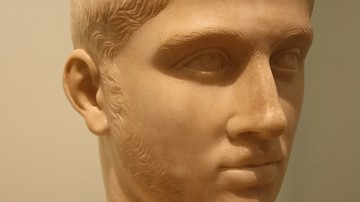
Definition
Alexander Severus
Alexander Severus served as the Roman emperor from 222 CE until his untimely death in 235 CE. At the urging of his mother, aunt, and grandmother, Emperor Elagabalus named his cousin Alexianus (the future Alexander Severus) as his heir in...